That is the opinion of Associate Professor Dr. Vu Minh Khuong, Lecturer at the Lee Kuan Yew School of Public Policy, Singapore, when talking with VietNamNet reporters about solutions to help the country develop strongly and prosperously.
Huge investment needed for subway
Associate Professor Dr. Vu Minh Khuong said that the subway issue is something he is very passionate about when talking about the country's development.
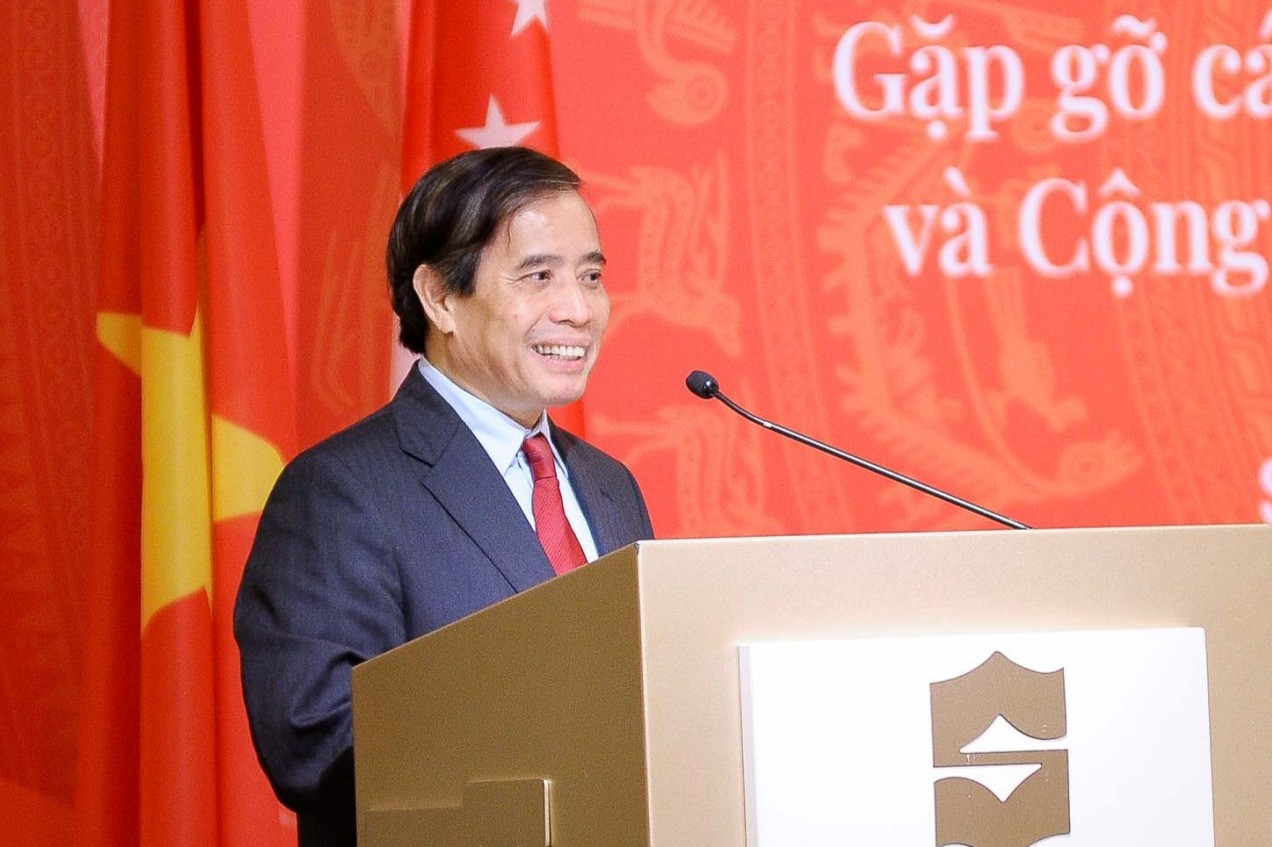
As someone who lives and understands the development of Singapore, Mr. Vu Minh Khuong affirmed: "I see the value of the subway as priceless. When I returned to Hanoi and Ho Chi Minh City, I saw that no matter how much GDP growth percentage I wanted to achieve or how much investment capital I wanted to attract, it was difficult because of the traffic congestion."
He calculated that if each hour of labor of Vietnamese people is 3 USD, then on average each person on the street will lose 1 more hour due to traffic jams, which means losing 3 USD. This number multiplied every year Vietnam loses nearly 3 billion USD due to waiting due to traffic jams.
“If there is a means of transport to go faster than 1 hour and it costs 3 USD, it is okay. But if this situation is left, in addition to causing traffic jams and not being able to go fast, there are many other impacts such as air pollution, causing frustration for passersby, etc. The real social cost of this situation is much more than that,” Associate Professor Dr. Vu Minh Khuong analyzed.
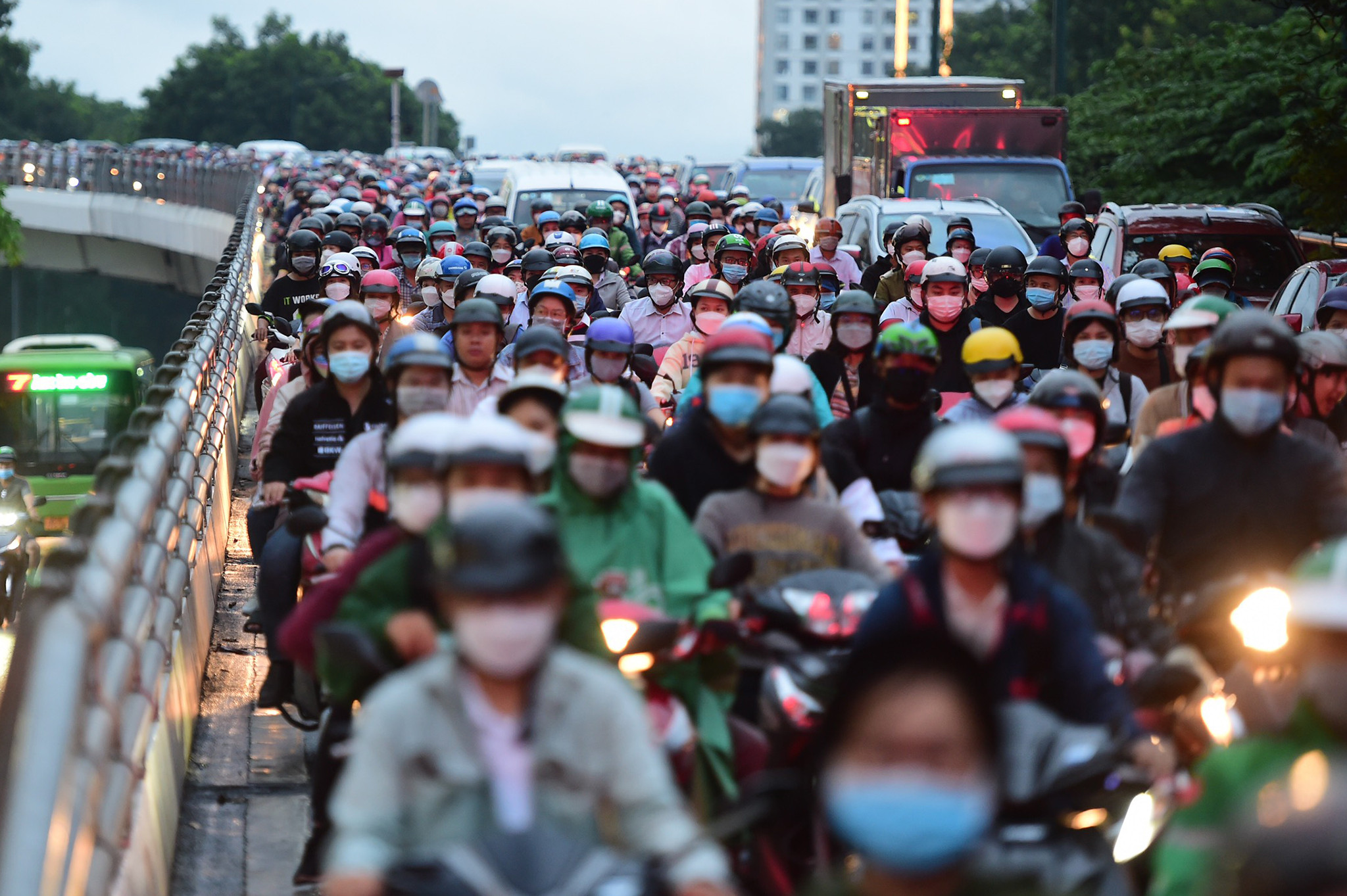
According to the lecturer at the Lee Kuan Yew School of Public Policy, developed countries, in order to become prosperous, always give top priority to urban transport systems and subways.
“With the subway, there will naturally be space for urban development and finance will flourish from there,” he cited experience from developed countries.
Mr. Vu Minh Khuong took the most expensive price of 150 million USD/km, then Vietnam would only spend 20-30 billion USD to build the subway. This figure is within reach for Vietnam.
“I often use the image of Bangladesh, they are very poor but when they put their efforts into building a very fast subway. By 2030, Bangladesh will have built 130km of subway. Wherever the subway goes, the people clap loudly,” said Mr. Vu Minh Khuong.
Associate Professor Dr. Vu Minh Khuong continued to share experiences from other countries, usually it only takes 4-5 years of rapid development to have 10-20 km of subway; from the 6th year onwards, every year there will be a new system opening, people are very excited.
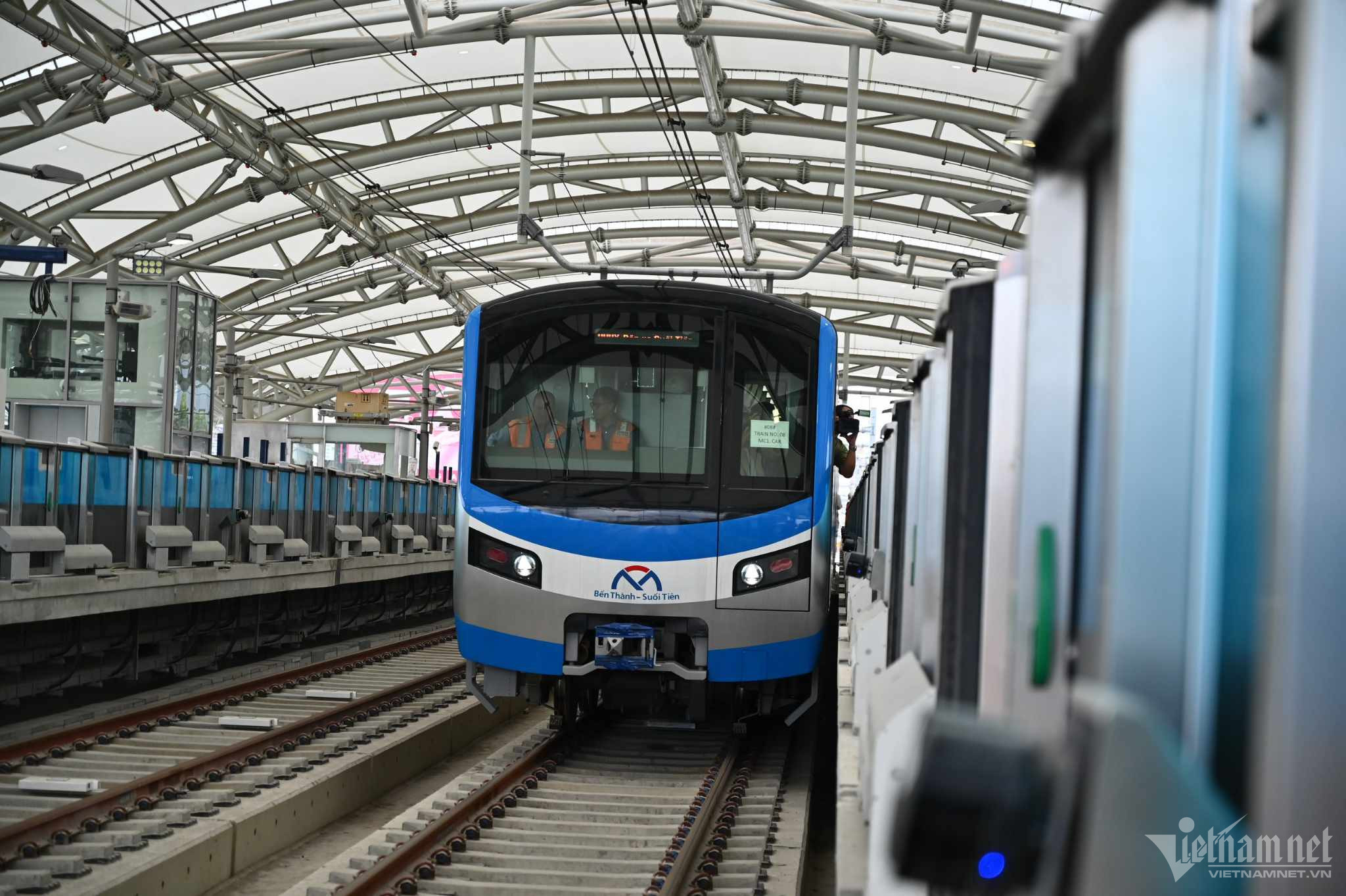 | 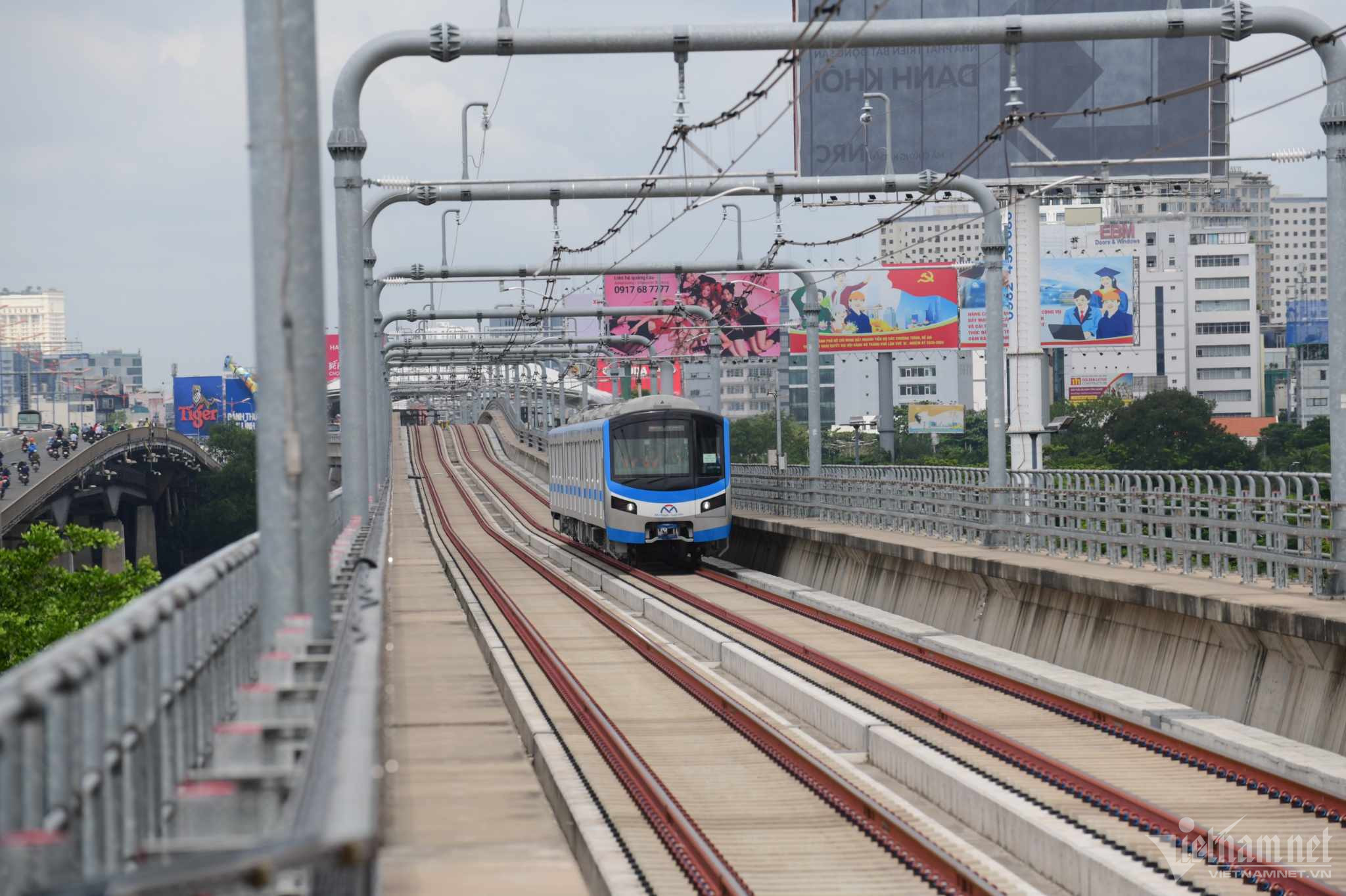 |
“That makes me think a lot. A country that cannot build a subway for its big cities cannot go far. And calling for foreign investment is like someone who has a house with a street front for rent. Opening it up for them to do business, it also grows, exports things, but the wealth has not really been created from the hands, brains, and will of the country to create fundamental change,” he pondered.
Therefore, Associate Professor Dr. Vu Minh Khuong strongly recommends that the Government invest heavily in the subway, especially Ho Chi Minh City must invest quickly, with all its strength, assign the best staff to work and not let there be a lack of money.
Motorbikes and cars may come later, but wind power needs strategic determination.
In addition to the issue of transport infrastructure, Associate Professor Dr. Vu Minh Khuong also said that Vietnam needs to grasp the trends of the times, especially in the green revolution and the digital revolution, two areas that will shape the economy in the next 2-3 decades.
Therefore, the signing of the Memorandum of Understanding between Vietnam and Singapore on the Digital Economy - Green Economy Partnership during Prime Minister Pham Minh Chinh's official visit last February is a fundamental step and also demonstrates Vietnam's strategic vision.
Because up to now, Singapore has only carried out these cooperations at the initial stage with a few developed countries and is still in the exploratory stage.
"Prime Minister Pham Minh Chinh's recent visit seized this opportunity," Associate Professor, Dr. Vu Minh Khuong emphasized.

 Recently, during Singaporean Prime Minister Lee Hsien Loong's visit to Vietnam, the two sides agreed to effectively implement the Green Economy-Digital Economy Partnership, especially in the fields of clean energy and innovation.
Recently, during Singaporean Prime Minister Lee Hsien Loong's visit to Vietnam, the two sides agreed to effectively implement the Green Economy-Digital Economy Partnership, especially in the fields of clean energy and innovation.In the coming time, he said the Government needs to move towards signing the Agreement on Green Economy and Digital Economy with Singapore. This will create more transparent corridors for both sides to implement.
In the green economy, cooperate with Singapore to produce renewable energy and integrate it into Vietnam's common electricity grid as well as export it to Singapore in the near future.
“For example, before 2030, we will have a huge capacity to produce offshore wind energy. Singapore has experience and finance and can purchase it when Vietnam exports it,” said Mr. Khuong.
According to Associate Professor Dr. Vu Minh Khuong, Singapore has a very high level of national credibility and corporate credibility. They issue bonds with a value of 3% for green energy very simply.
Therefore, Associate Professor Dr. Vu Minh Khuong suggested that in the next one or two decades, Vietnam should focus all its efforts on creating the strongest industry in the region as well as the world, to compete and provide energy to countries from Africa to South Asia, to other countries.
In particular, investing in offshore wind power not only protects security at sea, but also creates the capacity to turn endless natural resources into energy for the country and can produce equipment, components and accessories.
“Motorbikes, cars and other fields we can go after, put aside, but the energy issue needs a strategic decision. I think this 'green revolution' is very important,” Associate Professor Dr. Vu Minh Khuong emphasized.
He noted that the issue of green economy and digital economy has been set as a strategic spearhead but has not yet made efforts to create a breakthrough. While building these two areas is building Vietnam's strategic strength in the future. These are issues that Vietnam can take the lead in and can become a leading activist.
On August 29, the first train of the Ben Thanh - Suoi Tien metro line officially began a test run, passing through 14 stations with 2.6km underground and 17.1km above ground.
Metro Line No. 1 Ben Thanh - Suoi Tien project has a total length of 19.7km with 14 stations, 3 underground stations and 11 elevated stations, with a total investment after adjustment of 43,700 billion VND. The project has a route passing through districts 1, 2, 9, Binh Thanh, Thu Duc (HCMC) and Di An (Binh Duong). Currently, the entire project has completed nearly 96% of the work volume.
In May 2022, all 17 Metro Line 1 trains were imported from Japan to Vietnam. According to the design, each metro train has 3 cars, each car is 61.5m long, and can carry 930 passengers. The maximum design speed is 110 km/h (elevated section) and 80 km/h (underground section).
Source








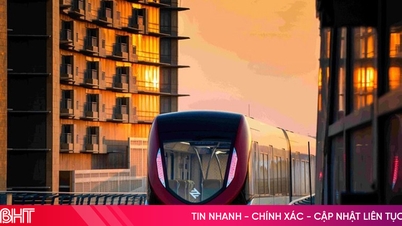

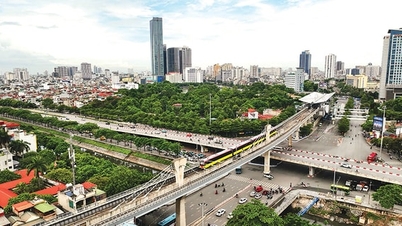

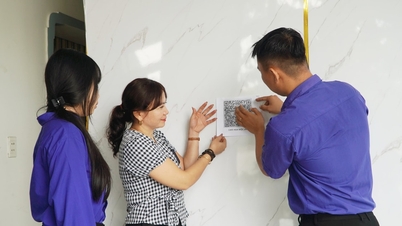



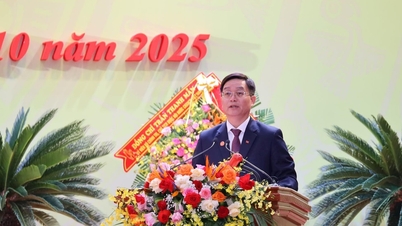

















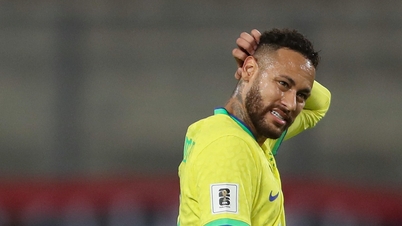
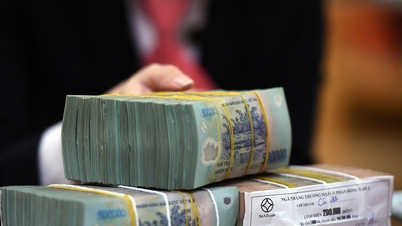


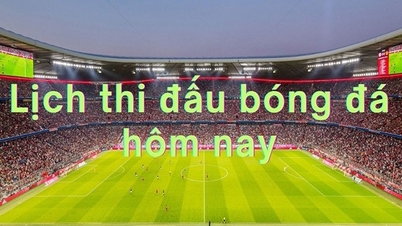

![[Photo] Keep your warehouse safe in all situations](https://vphoto.vietnam.vn/thumb/1200x675/vietnam/resource/IMAGE/2025/10/1/3eb4eceafe68497989865e7faa4e4d0e)
![[Photo] President of the Cuban National Assembly visits President Ho Chi Minh's Mausoleum](https://vphoto.vietnam.vn/thumb/1200x675/vietnam/resource/IMAGE/2025/10/1/39f1142310fc4dae9e3de4fcc9ac2ed0)




















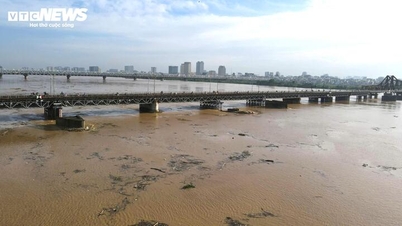


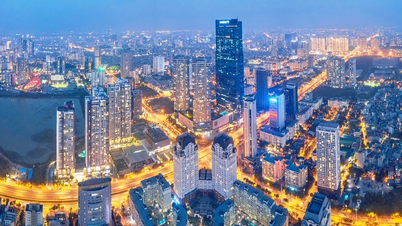
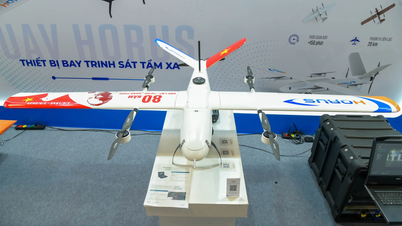



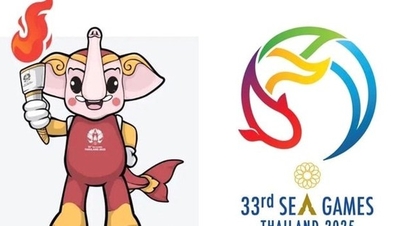








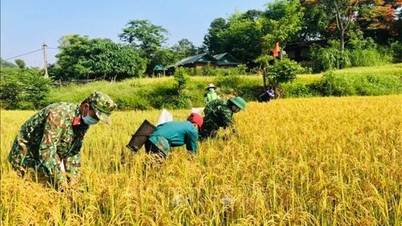


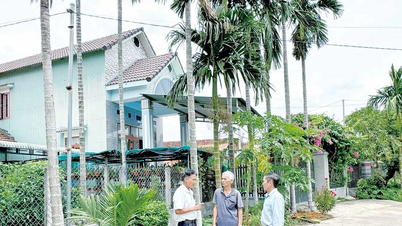

















Comment (0)